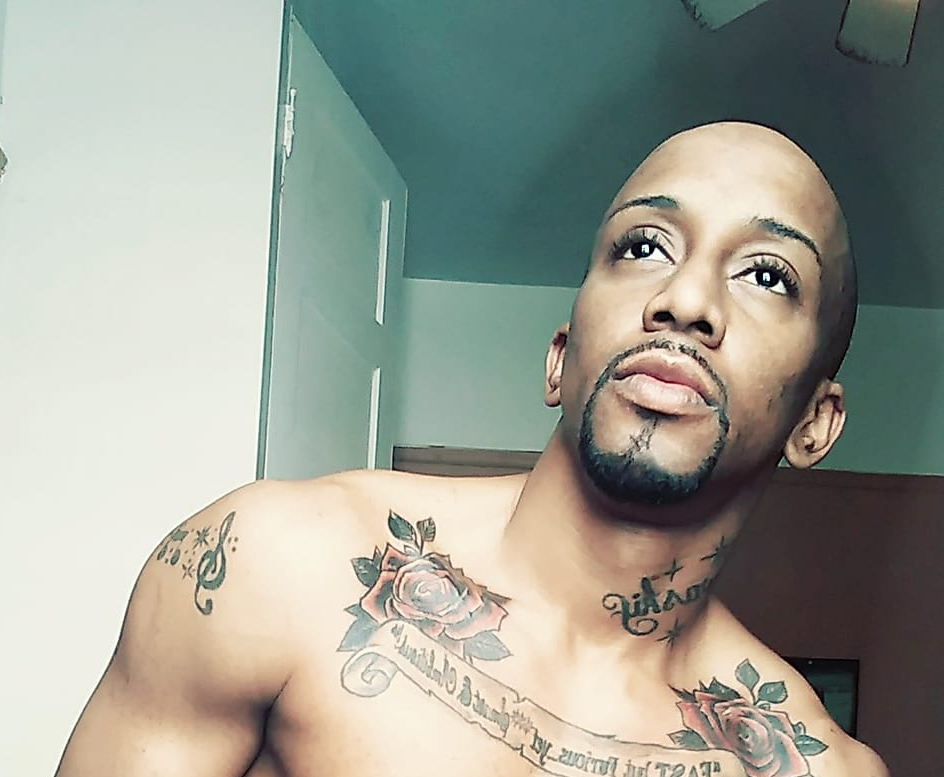Within forty minutes, Kawaski Trawick lost his life, and his fellow community members were left confused and outraged. The incident in question took place during the late hours of April 14. New York Police Department (NYPD) officers arrived at Trawick's Bronx apartment at 11:06 p.m. By 11:46 p.m., he was declared dead at Bronx Lebanon Hospital. Two weeks later, residents still don't have a clear answer as to what happened during those 40 critical minutes.
The situation started on April 14 when Trawick called the fire department and asked them to open his door because he had been locked out while he believed his stove was on. The New York Fire Department helped him into his apartment and left fairly quickly. They said the entire interaction lasted maybe five minutes.
Less than 10 minutes later, NYPD officers arrived at Trawick's door after two separate 911 calls were made by the building's superintendent and a security guard. Both claimed that Trawick was banging on people's doors with a knife in one hand and a broomstick in the other. According to some residents, Trawick had also threatened the superintendent. The superintendent also claimed the New York resident was mentally unstable and possibly on drugs.
According to the NYPD, the superintendent had a past with Trawick and had called the police on him before. On April 14, the superintendent brought the officers to Trawick's door. According to police, the 32-year-old man allegedly attacked the two officers after opening the door. In response, police used their Taser on the Bronx resident.
After being tased, the NYPD claims that Trawick got back up and lunged at the officers with the knife. One officer fired four shots at Trawick, two of which hit him in his upper chest.
Blavitize your inbox! Join our daily newsletter for fresh stories and breaking news.
However, residents believe that this entire situation could have been handled better and avoided. LGBTQ advocates say Trawick was suffering from mental health issues and needed medical help. Friends of Trawick told the New York Post that he had long suffered from mental health issues as well as drug addiction. He was living in Hill House, a supportive housing center run by nonprofit Services for the Underserved. The group helps people suffering from poverty, addiction, trauma, homelessness and domestic problems. According to friends, Trawick was originally from Atlanta but had been thrown out of his parent's home when he came out 13 years ago.
The NYPD has defended its actions. Furthermore, the two officers involved in the situation, including the one who pulled the trigger on the four shots that killed Trawick, are still on active duty.
Recently elected New York City Public Advocate Jumaane Williams demanded answers during a press conference Friday concerning the death of the Atlanta native.
LGBTQ groups have held rallies near Trawick's Morris Heights apartment for nearly two weeks. Residents hope the gatherings will put pressure on the city's elected officials to address the shooting and the recent spate of police killings involving Black people suffering from mental health issues.
"This was an individual who was experiencing emotional distress and he needed help and not a bullet to the chest," said Vocal NY organizer Jason Walker at a protest Tuesday.
“Transparency is a powerful tool, and it is clear to me that we need full transparency regarding this incident,” Williams said in a statement to The City, a local New York outlet.
“In so many instances, there is an opacity which only worsens the situation and obscures answers. I will be exercising the power of the Office of Public Advocate to request and review footage to more fully understand what transpired.”
“Kawaski Trawick was a 32-year-old Black gay man who loved to vogue and dance. He came to New York City looking for opportunity and he should be with us today. Instead he is dead," Walker later told Gay City News.
City Councilmember Vanessa Gibson told The City that the situation was tragic and questioned why police were being called in situations like this.
“This happens far too often when cops are called. We need on call crisis intervention staff after 5 p.m. to be on call through the night. We should not call the cops first but should have other options to help,” Gibson said.
“There should be other options and on-call staff.”
Now, check these out:
The NFL's First Two Male Cheerleaders Will Now Make History At The Super Bowl
